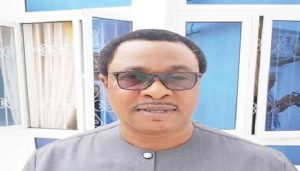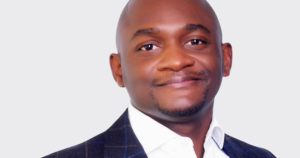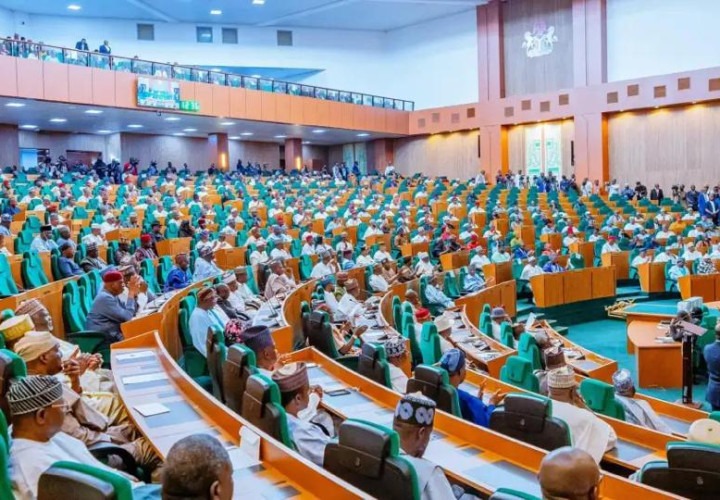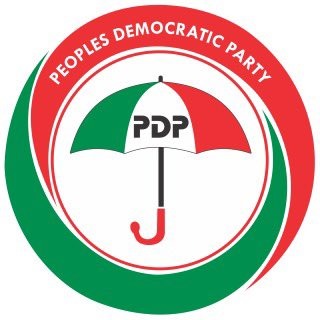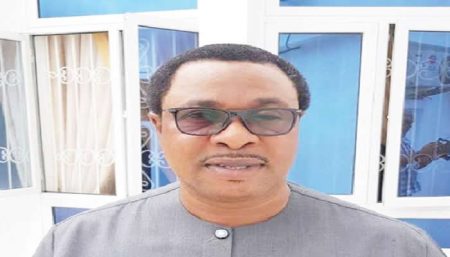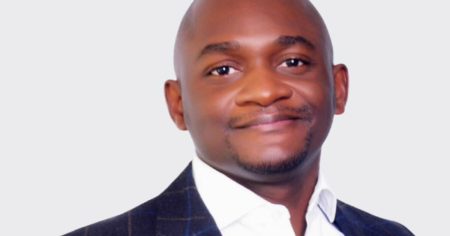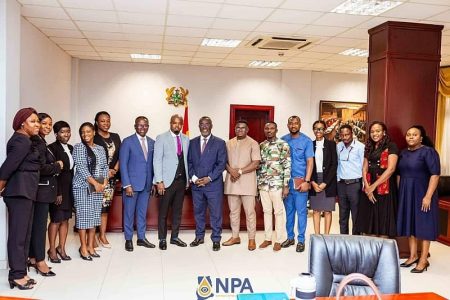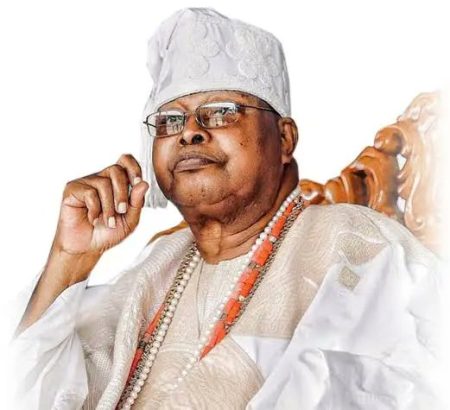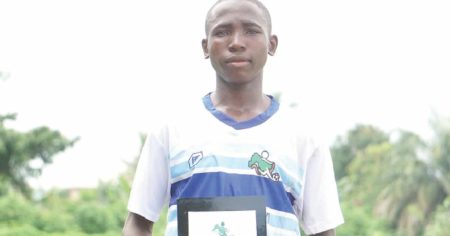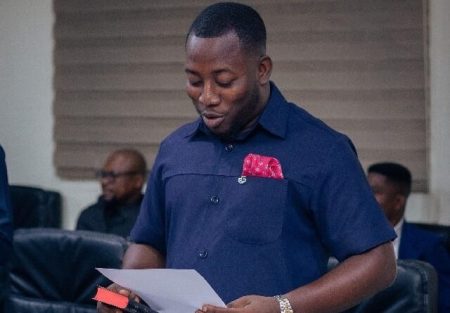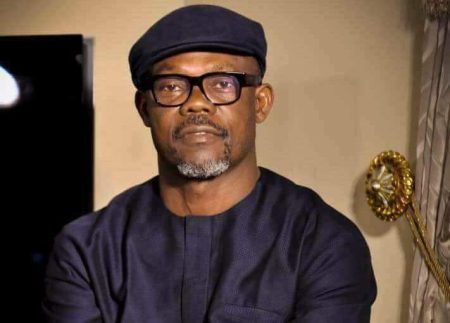Paragraph 1: The Nigerian House of Representatives initiated a public hearing to investigate allegations of fund mismanagement, non-compliance, and unethical practices within the newly established student loan scheme. Speaker Tajudeen Abbas emphasized the House’s commitment to upholding the integrity of the program, designed to broaden access to higher education, and ensuring public trust. He underscored that the investigation, driven by Sections 88 and 89 of the 1999 Constitution, was not a witch-hunt but a necessary measure to address potential weaknesses, rectify procedural flaws, and ensure accountability in the management of public funds allocated to the program.
Paragraph 2: The investigation stems from a motion adopted by the House, prompting the House Committee on Student Loans to examine reports of delayed disbursements, lack of transparency, and possible collusion among stakeholders involved in the loan scheme. Speaker Abbas stressed that the House would meticulously scrutinize every naira allocated to the program to guarantee its judicious and transparent use. He highlighted the significance of the student loan program, established by the Student Loans (Access to Higher Education) Act, 2024, as a flagship initiative of President Bola Tinubu’s Renewed Hope Agenda, aiming to provide financial support to Nigerian students pursuing higher education.
Paragraph 3: The Speaker revealed that as of the time of the hearing, the program had processed over 600,000 applications and disbursed more than ₦73 billion to tertiary education students across the country. The primary objective of the hearing, he stated, was to verify the allegations, identify systemic or administrative deficiencies, and recommend appropriate corrective actions, including potential sanctions where necessary. This proactive approach aims to ensure the program’s long-term effectiveness and maintain public confidence in its operation.
Paragraph 4: Corroborating the Speaker’s statements, Ifeoluwa Ehindero, Chairman of the House Committee on Student Loans, emphasized the positive impact of the initiative, stating that it had rekindled hope for numerous Nigerian families seeking access to higher education. He provided specific figures, indicating that as of June 30, 2025, ₦73.1 billion had been disbursed to 366,247 student beneficiaries across federal and state tertiary institutions. This disbursement was further broken down, revealing ₦38.26 billion allocated for tuition fees and ₦34.85 billion for upkeep allowances, covering over 206 institutions. Ehindero reiterated that the committee’s focus was on ensuring accountability, streamlining the disbursement process, and maximizing benefits for all stakeholders, not on targeting individuals.
Paragraph 5: Akintunde Sawyer, Managing Director of the Nigerian Education Loan Fund (NELFUND), provided insights into the application process. He reported that the Fund had received over 650,000 registrations, processing approximately 2,000 applications daily. Sawyer explained that each application undergoes a thorough verification process, and funds for successful applicants are disbursed directly to their respective institutions. This direct payment system is intended to minimize delays and ensure that funds reach the intended beneficiaries efficiently.
Paragraph 6: The House Committees plan to conduct further sessions to gather information from key institutions, regulatory bodies, and affected students to gain a comprehensive understanding of the issues and recommend appropriate solutions. The ultimate goal is to enhance the program’s transparency and effectiveness, restore public confidence, and ensure that it serves its intended purpose of providing accessible financial aid to Nigerian students pursuing higher education. This continued investigation underscores the commitment of the House of Representatives to ensuring the proper management and execution of the student loan scheme, a vital component of President Tinubu’s agenda for educational development.



